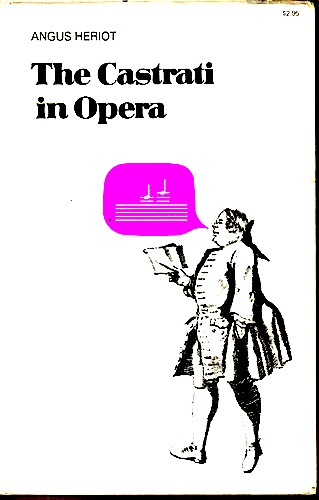I’VE REWOUND, fast-forwarded and paused but I still can’t find him. At one point I thought I’d spotted him in the closing circus scene of 8½. Or was that him, the man with the slicked-back hair and the hanky in the top pocket, sitting at a café table in Nights of Cabiria? I’m just not sure.
Who I’m looking for is Angus Heriot (1927–1964), music lover, multilingual gossip, novelist, sometime Guardian critic and exquisite man-about-town who one day managed, by being in the right place at the right time, to get himself a close-up in an early Fellini film. I’m sure he’s there in the thousands of frames of Fellini that I’ve scanned—but where? Fifty years after he died, Heriot is a little piece of gay literary history that has gone missing. Blink and you’ve missed him.
David Thame is a literary historian currently working on gay novelists of the 1950s. He lives in the rural Welsh borders.







